If you’re a germaphobe, you might not want to read this post. Or maybe you’ll extremely want to read it. It’s up to you. But in any case, it turns out that a ton of ordinary situations may be affecting your health without you even realizing it.
So here’s a helpful heads up on some stuff to watch out for. And if this list turns you into a germaphobe, we absolve ourselves of responsibility. Don’t shoot the messenger! (We carry germs.)
Written by Dan Hopper for Cracked.
1. Men-eww

OK, how are you gonna get sick at a restaurant? Eat some spoiled food? Dirty silverware? Bathroom isn’t clean? What if all those things seem perfectly fine? There’s an easily overlooked germ factory here: the menu.
The average printed restaurant menu has about 185,000 bacteria on it, and they’re rarely washed. The most common menu-related illness is a respiratory infection, but they can also harbor salmonella and E. coli. Think laminated menus are cleaner? Wrong. Bacteria survive longer on laminated menus than paper ones.
2. From Click to Sick
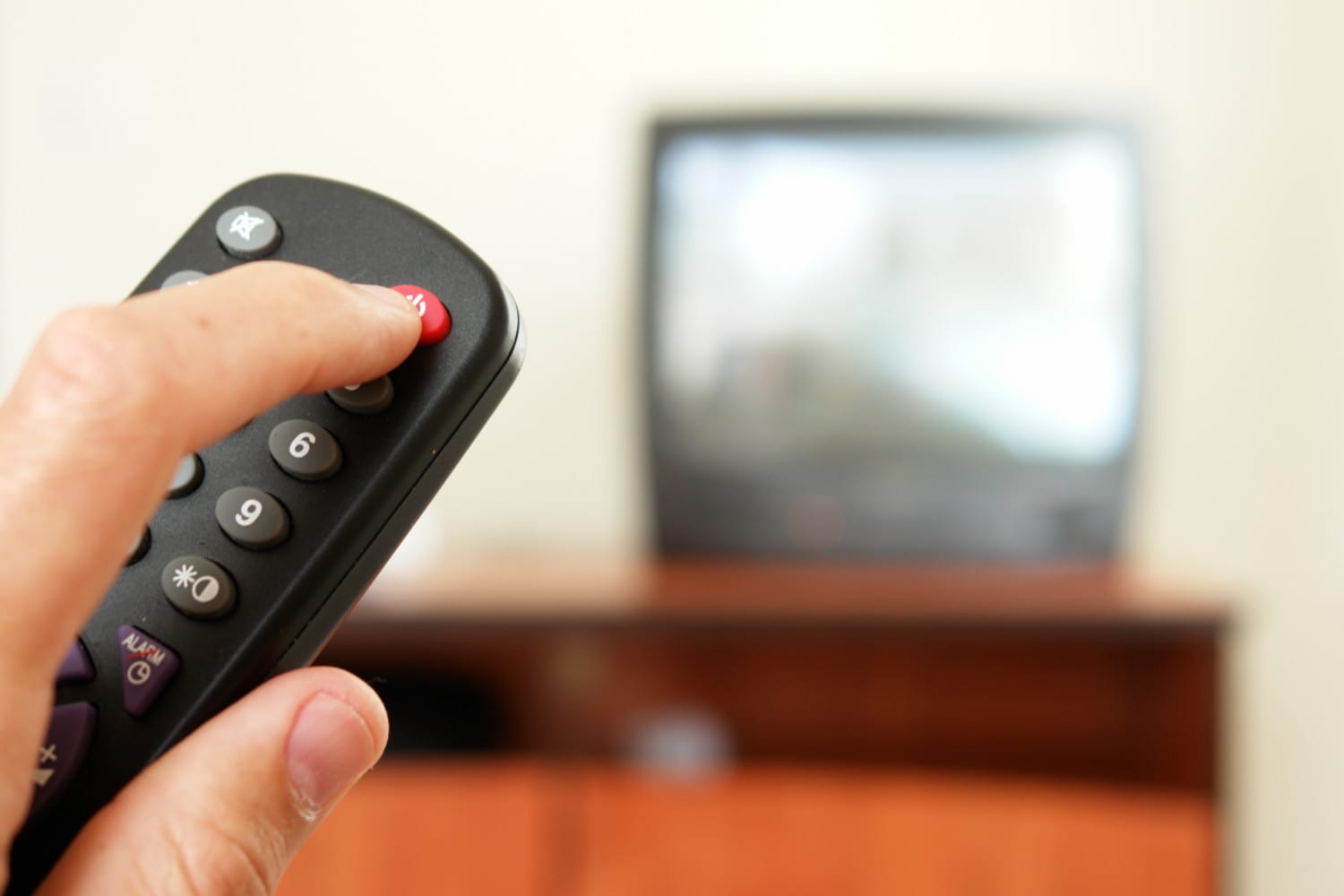
You’ve probably seen those studies where they go to hotels and shine a black light and show you how unbelievably gross everything is. The TV remote is always nauseating. But you might be overlooking that your own remote at home could be almost as bad. A study found that more than half of all randomly tested remotes had cold viruses on them. Researchers also warned that germs can survive two days or longer on the surface of remotes. So if anyone in your house is sick, or recently was, you might want to bleach-wipe that sucker.
3. Are You On The Toilet Now?
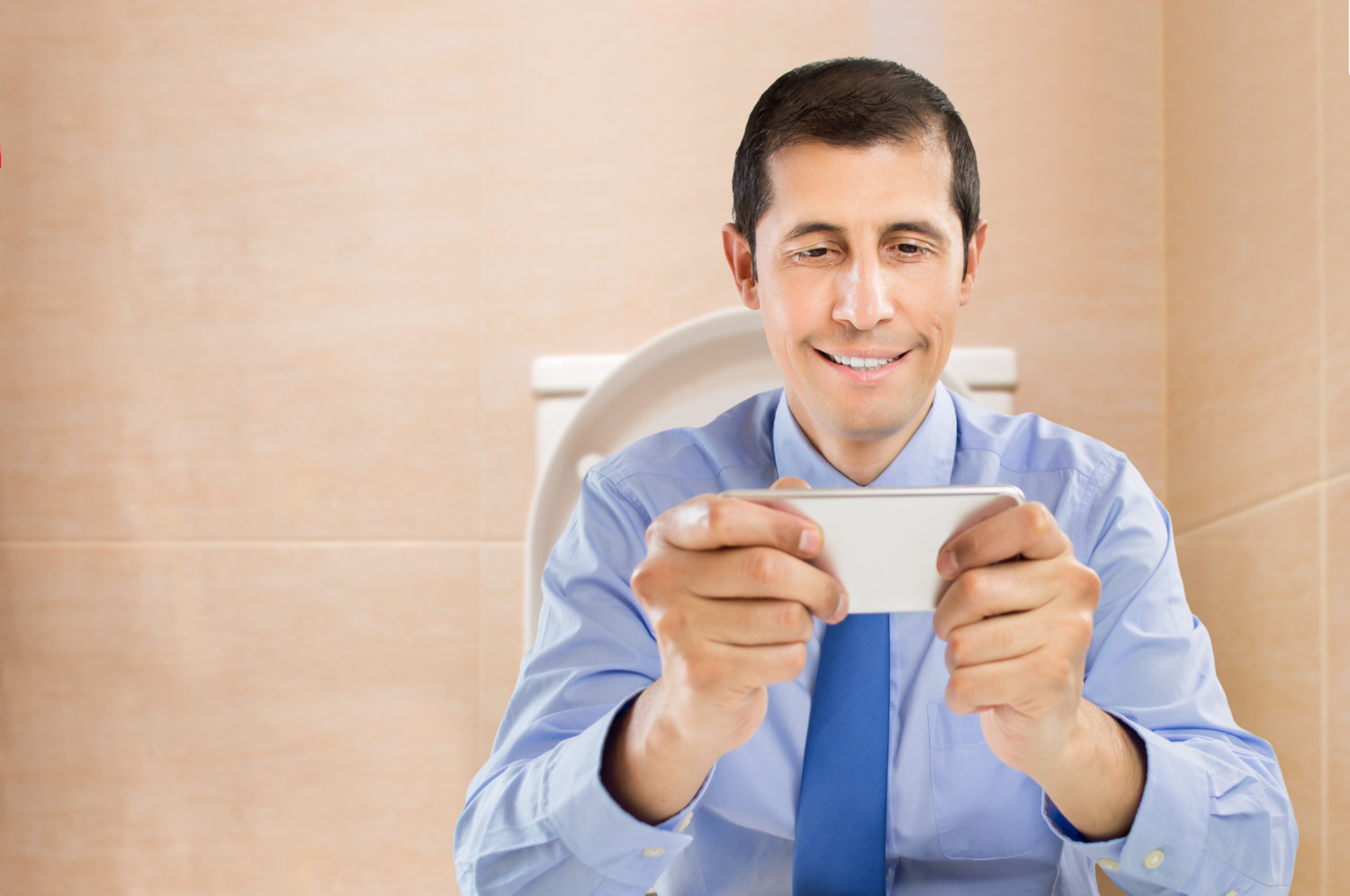
Do you often use the phone on the toilet? Oh, every single time?
Cool. Well, just FYI, the airborne germ particles caused by flushing can stick to your phone and sometimes live for days, or at least long enough for you to use the bathroom again while also checking your phone. If you are a routine phone-on-the-toilet person (and let’s be honest, who isn’t?), consider wiping down your phone from time to time. Or use your phone on the toilet less. (Just kidding, we all know that’s not gonna happen. Those grams ain’t gonna rewatch themselves.)
4. New Clothes, Old Germs
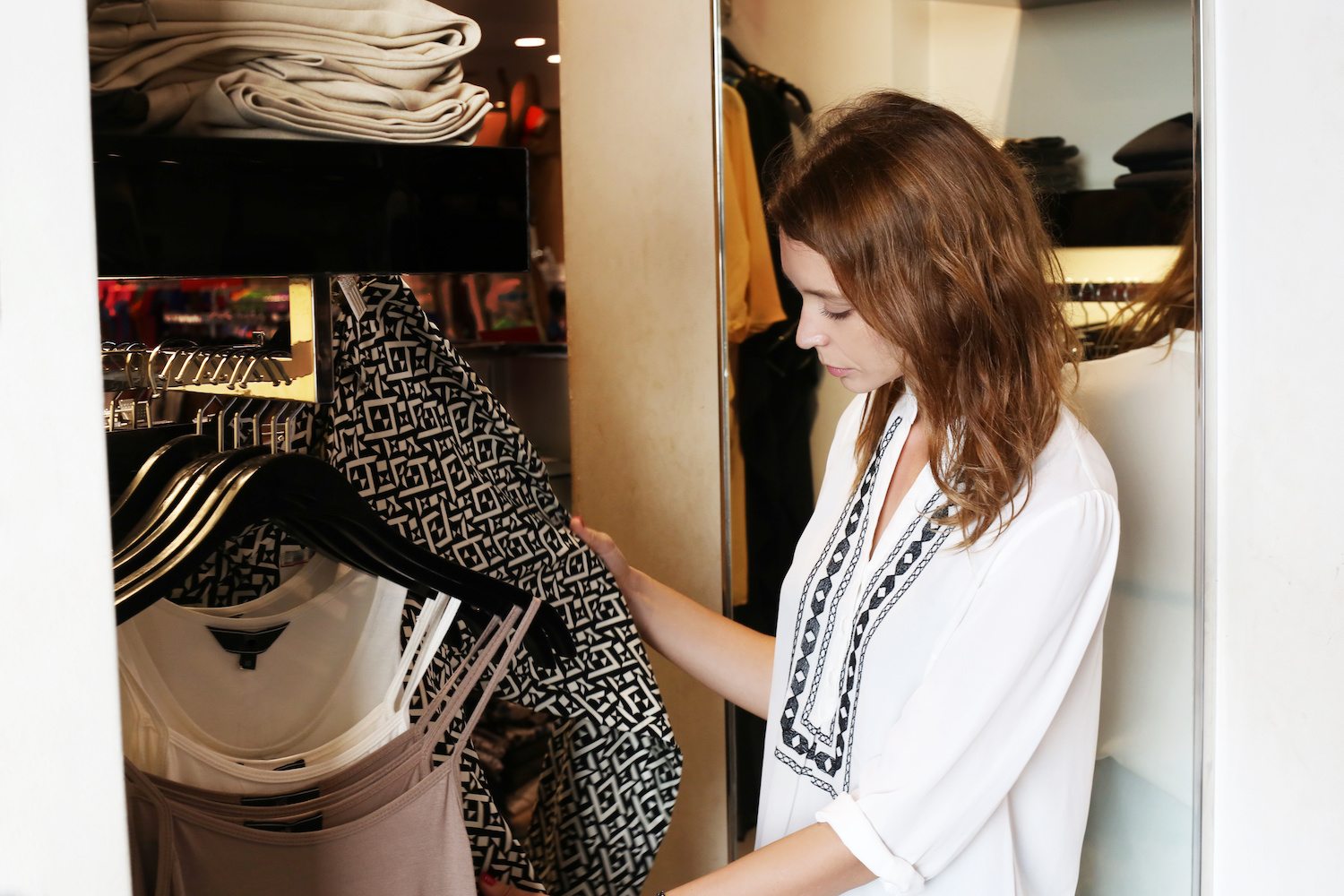
New clothing can sometimes spread lice or scabies if it’s not washed before being worn. And it’s not just a matter of being in a bunch of factories and then a public store around hundreds of people who may or may not have also tried it on. A commonly used anti-wrinkle coating contains formaldehyde, which can cause chemical rashes on skin. So if you were ever an “I’ll wear it out of the store”-type person, you might also be an “I’ll have a mysterious rash for the next couple days” person.
5. Yo-ganna Want To Wash That
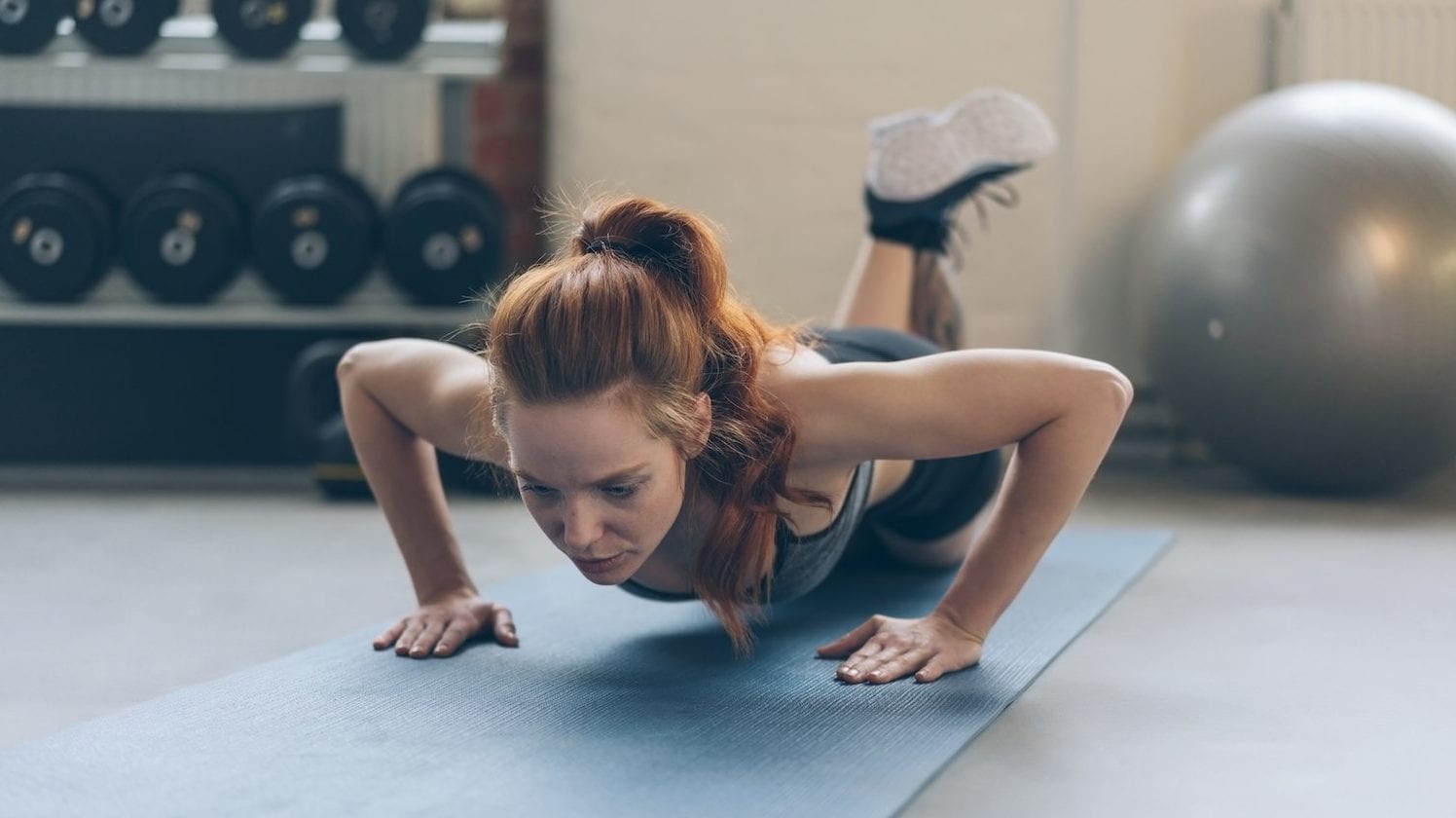
If you do yoga and constantly find yourself getting rashes, there’s a pretty obvious culprit: your mat. It’s the prime recipient of your sweat, and its foam is a perfect incubator for fungi and germs.
If you’re doing yoga frequently enough to contract these rashes, then you’re clearly already not a lazy person, and can expend the extra effort to wash your mat with regularity. Or maybe it’s possible to do enough yoga to build up your body’s natural immunity to rashes? (Note: This is not possible.)
6. Lend Everyone a Hand

Escalator handrails are routinely among the dirtiest things you’ll touch in a given day. Random studies of handrails have turned up food particles, E. coli, urine, mucus, feces, and even traces of blood. They also sometimes contain respiratory flora, which is the double-result of people coughing into their hands then touching handrails. Who would’ve thought the place where every single person in a big wide-open public place puts their hands might be a spot for germs? A truly stunning revelation.
7. Rude Awakening
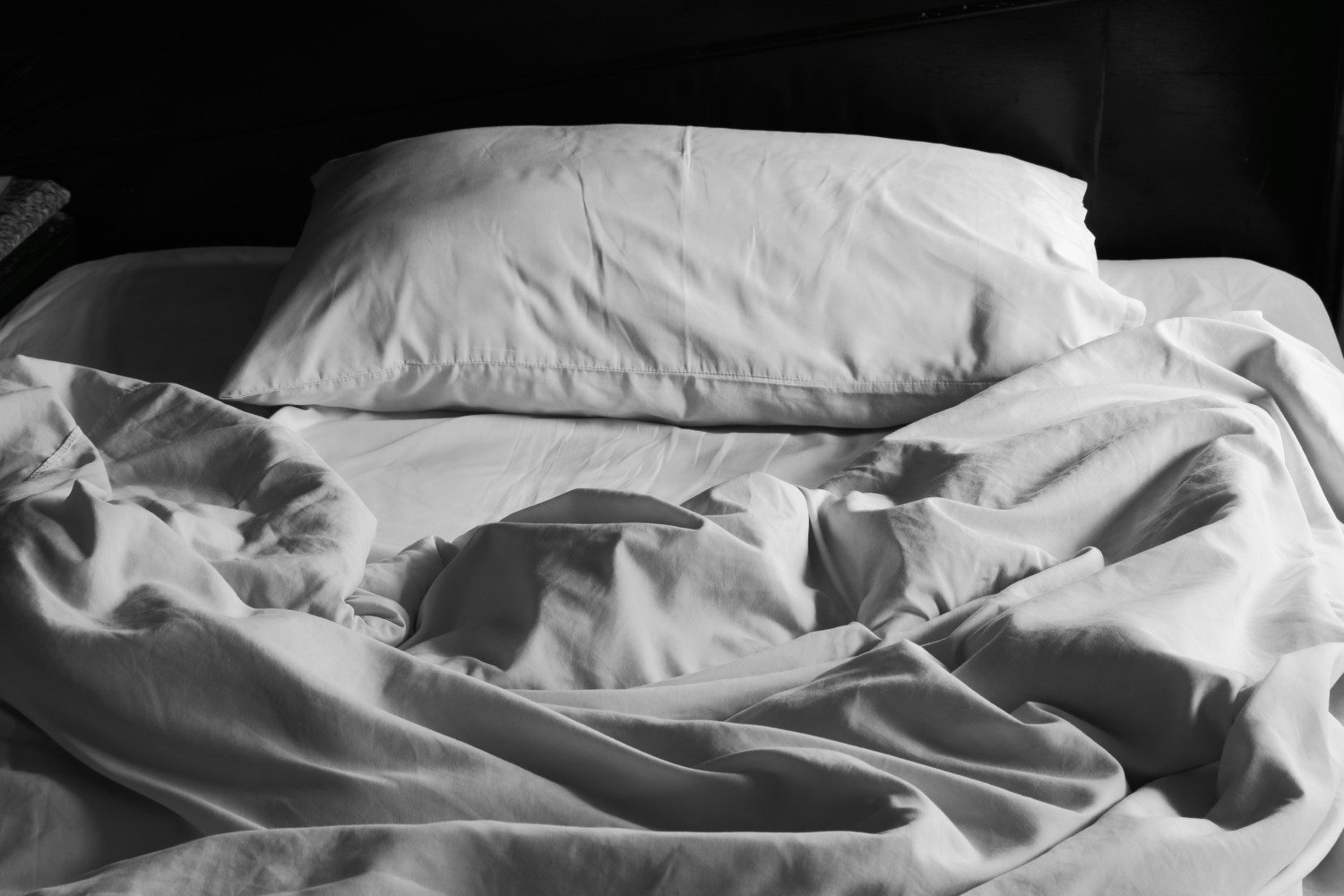
If you find yourself hit with a sudden acne breakout and can’t determine the cause, you might need to take a look at your pillowcase.
Dirty pillowcases can cause “acne mechanica,” which is a fancy term for “acne caused by contact with certain materials” (not some weird think tank that secretly funds pro-acne research). The solution, simply, is to change and wash your pillowcases routinely.
Otherwise, your own greasy, sweaty face will eventually get the best of you while you’re dreaming. Like a super low-stakes Freddy Krueger.
8. The Kid Conundrum
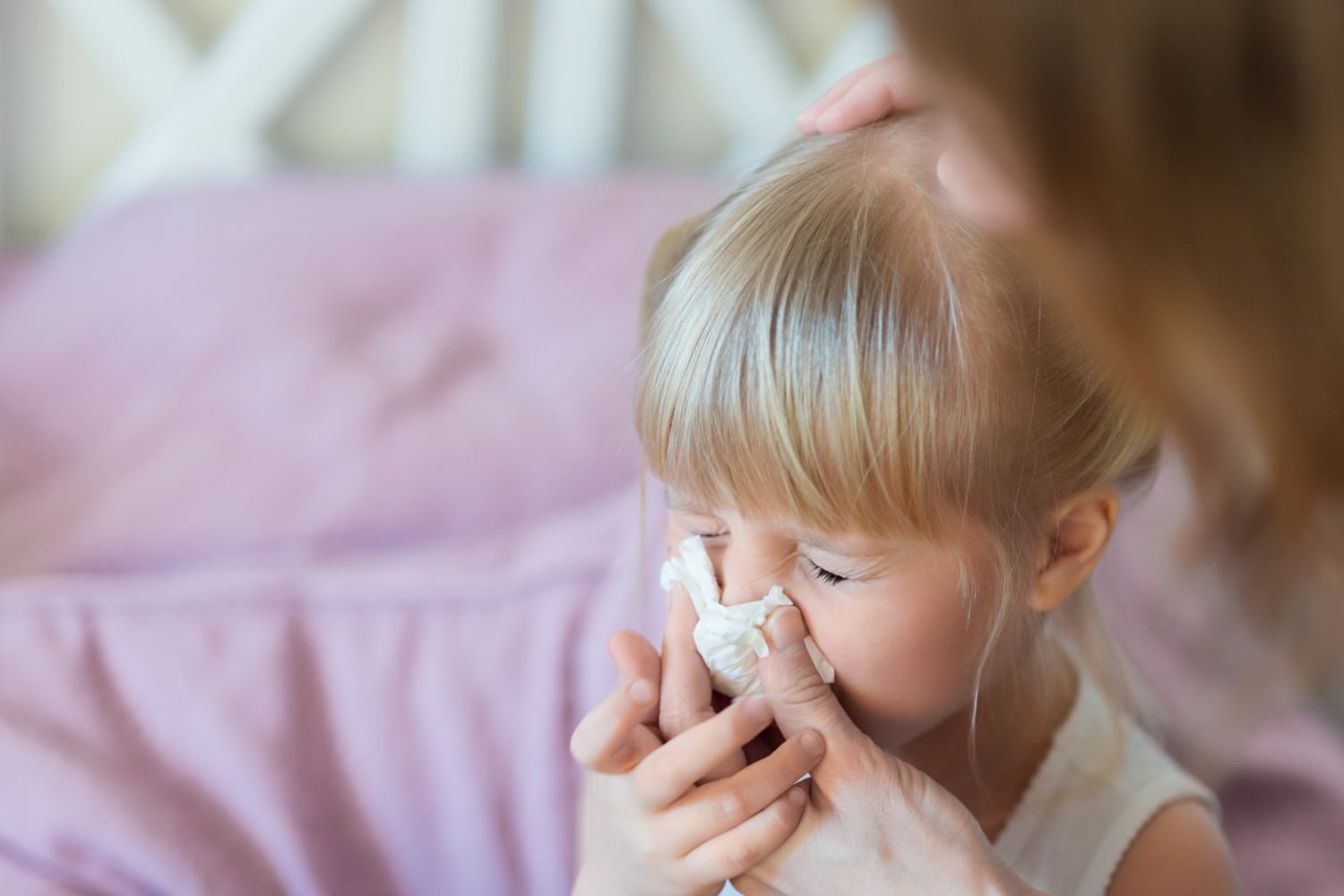
Have you ever noticed that people with kids are always sick, “getting sick,” or “just got over getting sick?” It’s pretty elementary that having children around will increase your likelihood of getting sick, but the numbers are staggering. People living in childless homes are sick an average of three to four weeks per year. Adding one child to the mix increases that number to 18 weeks per year. Adding a second kid raises that number to 29 weeks, more than half the year. Your friends who keep canceling plans at the last minute because their kid got them sick are almost certainly not lying.
9. Your Poor, Sensitive Nipples
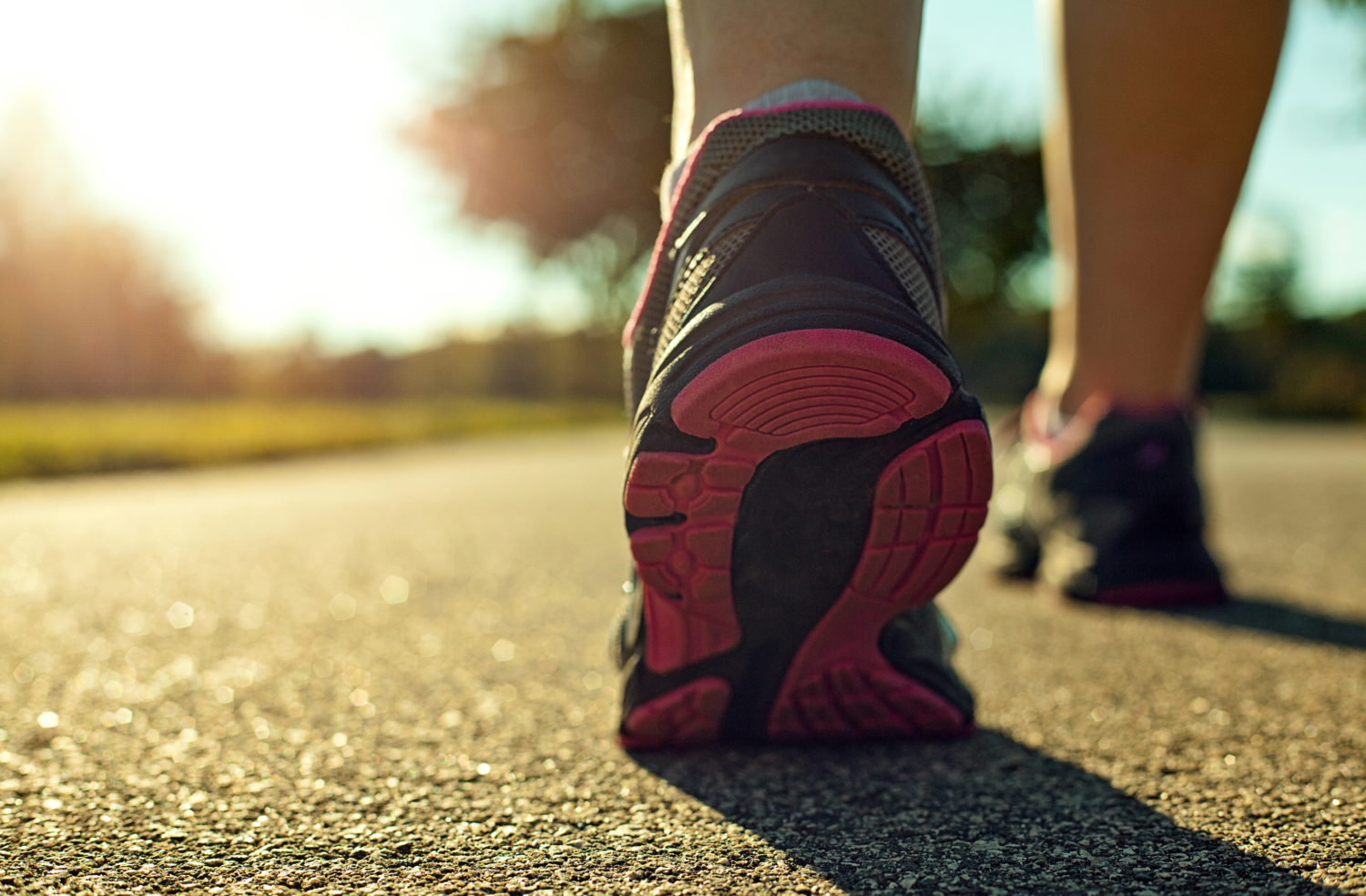
Bleeding nipples during long-distance runs is real. Nipples can’t callous, so they’re extremely sensitive to the salt caused by sweat. The salt then combines with the fabric in your shirt to create what is, in effect, sandpaper for your nipples. Prolonged abrasiveness will then cause nipples to bleed. Most women aren’t affected, because they’re wearing sports bras. But men, take heed: If you’re going for a long run, take it easy on those sensitive parts.
10. The Germs Are Coming From Inside The Shower
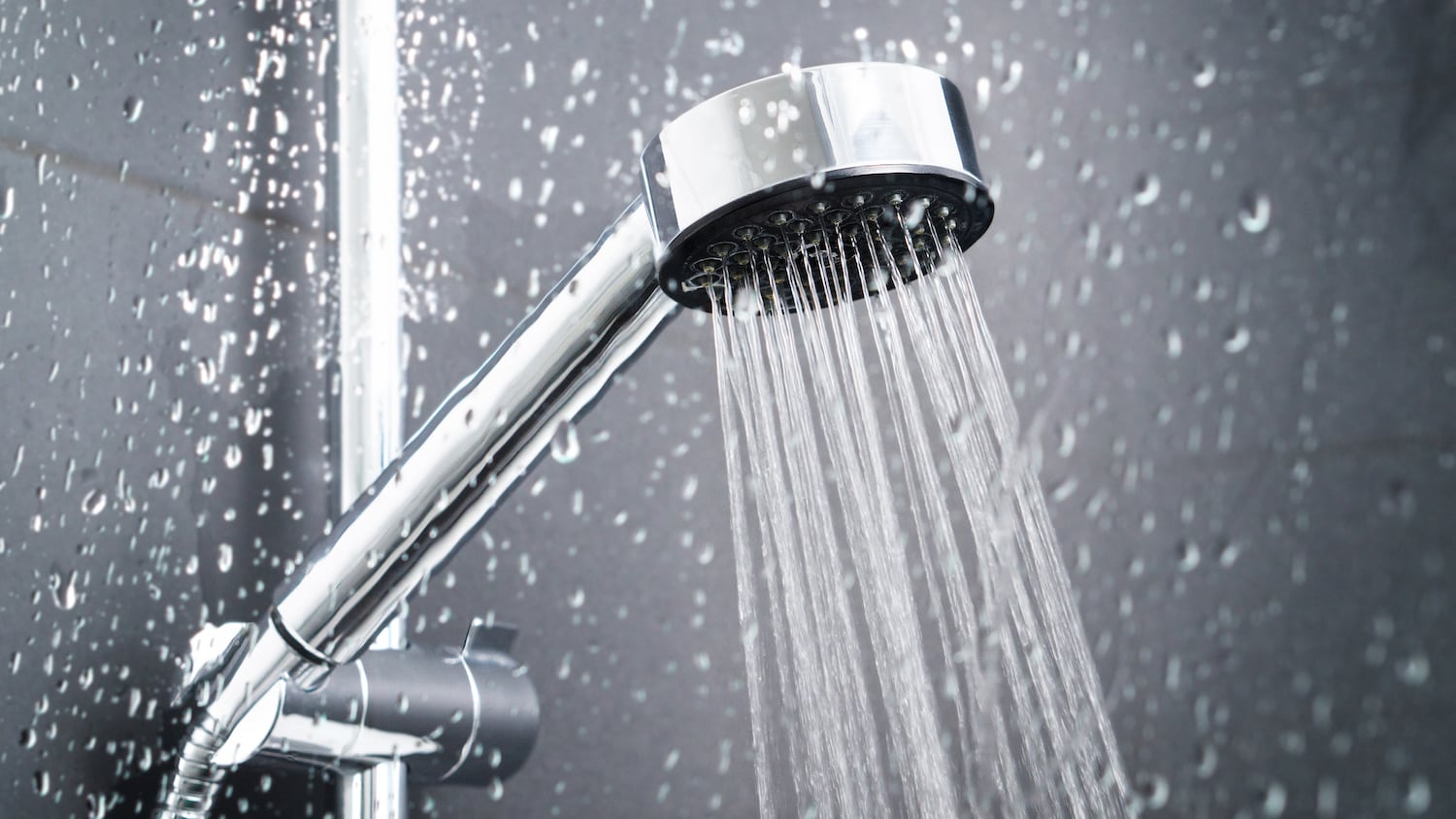
Your shower head might contain bacteria similar to tuberculosis. It’s not literal TB (sorry if you had fantasies of dying like a 19th-century literary heroine), but a microbe called NTM can spread through steam and water droplets, and can cause similar symptoms.
Researchers have found that regions in the U.S. where pathogenic mycobacteria are prevalent in shower heads are areas where certain lung infections are more common. So perhaps the device you use to cleanse yourself … is actually making you the most dirty? (That doesn’t totally make sense, but it’s fun to phrase everything as a horror tagline.)
11. Anyway, Here’s Drywall

If your house had drywall installed between 2004 and 2008, you might want to get it looked at. A shortage of American-made drywall exacerbated by Hurricane Katrina and a series of hurricanes that hit Florida around that time caused a large spike in the amount of drywall imported from China. The failure to remove sulfur and other contaminants from the synthetic gypsum used in this drywall has caused health problems like persistent coughing and even asthma attacks. Fortunately, if you’re a renter in some crappy old apartment, you can disregard! Take that, recent home-buyers!
12. Lettuce Trust The Packaging
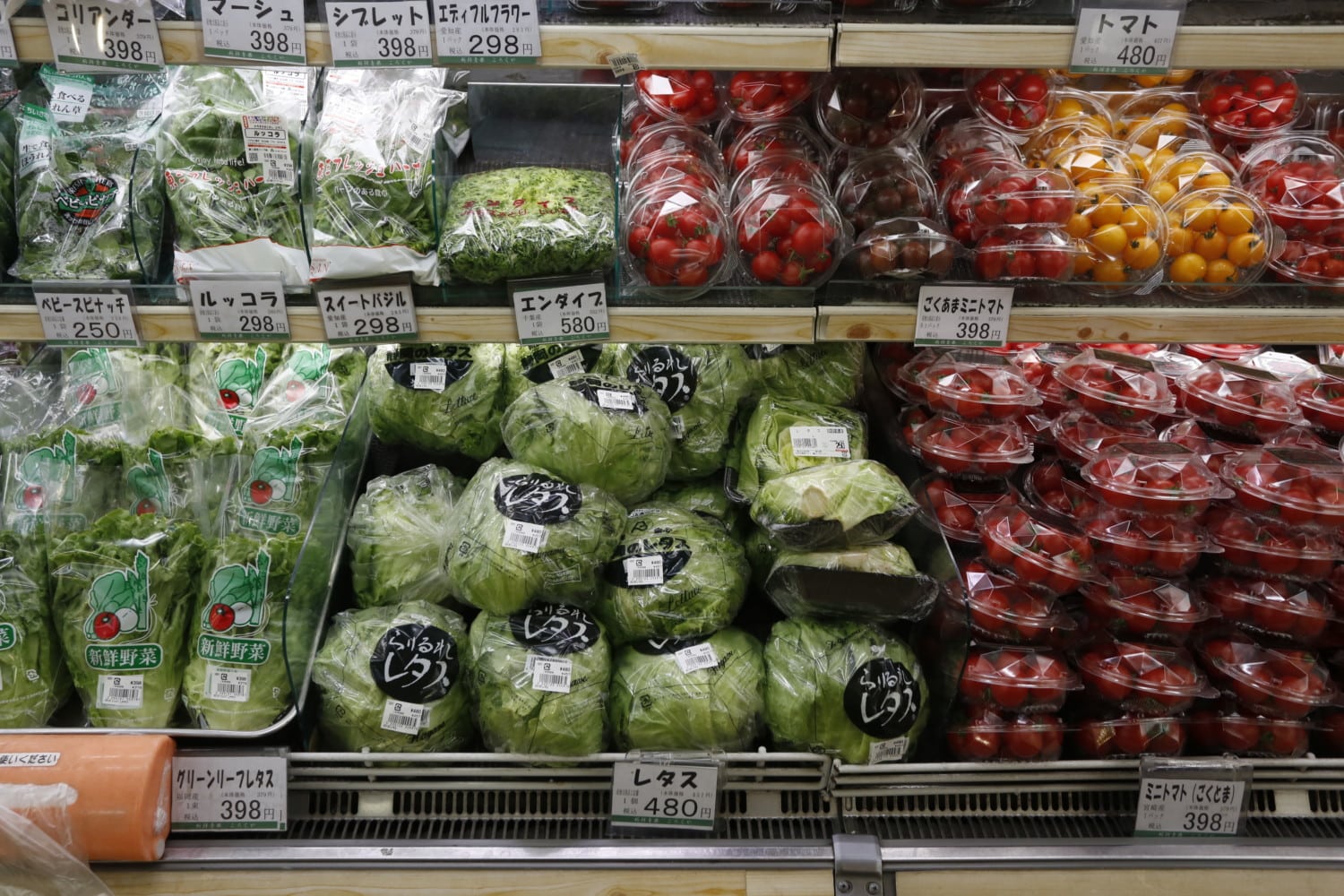
Here’s some GOOD germ news for lazy people. Have you ever thought twice about eating “pre-washed lettuce” straight out of the pack? Maybe considered giving it one extra little washing just to be safe? You don’t have to. Pre-washed lettuce is (usually) washed and pre-packaged according to specific safety guidelines. So by taking it out and washing it again in your home sink, you’re likely contaminating it more, or at least doing nothing. Feel free to be lazy on this one! Just dump it in the bowl.
13. Secret Spots
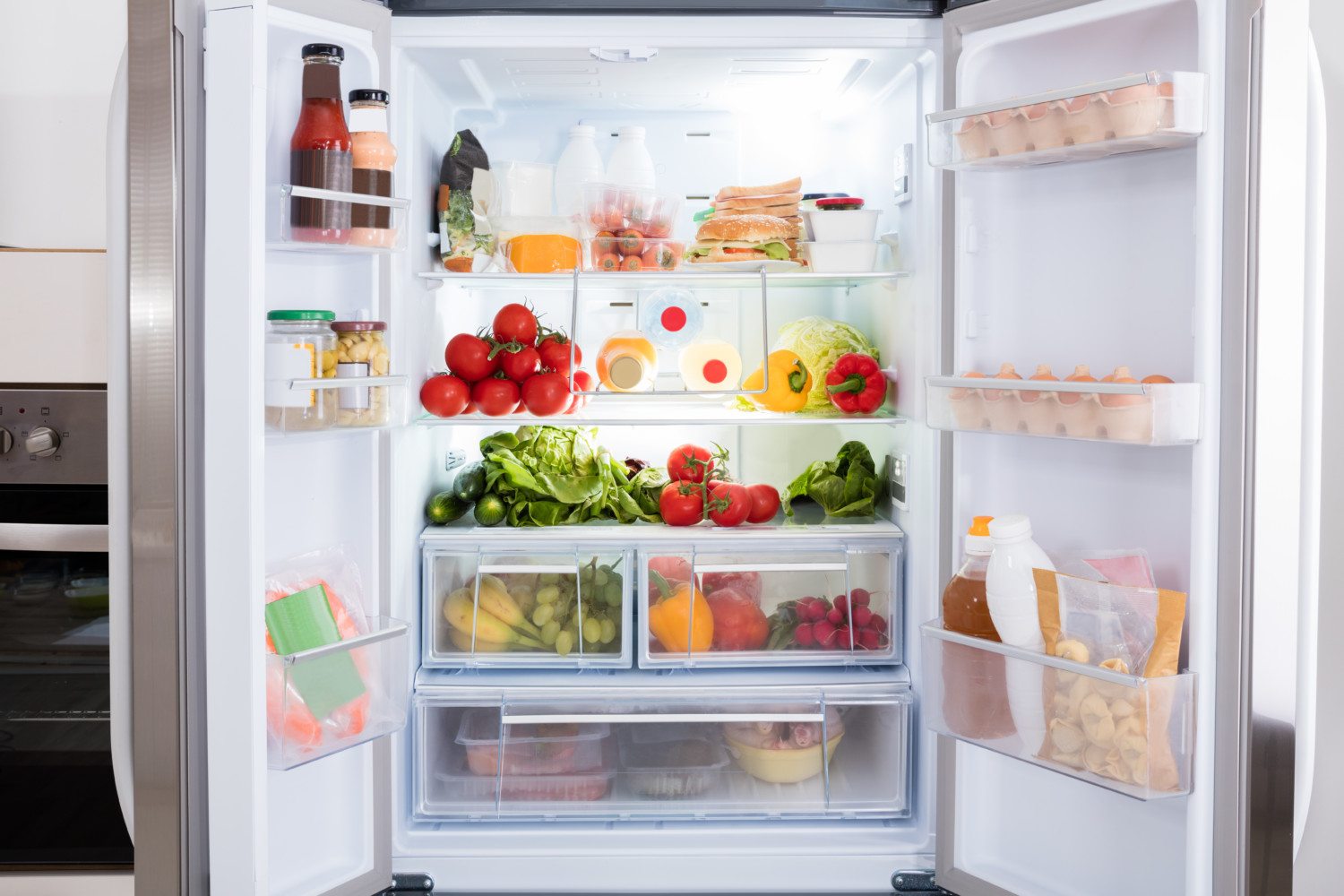
The germiest parts of your kitchen are usually the ones you never think to clean. Which sounds intuitive, except for the fact that YOU STILL NEVER CLEAN THEM, dummy. Places like your can opener blades, the rubber gaskets on your blender and containers, and those meat & veggie compartments in the fridge. Your fridge’s water dispenser might also contain a shocking amount of mold or yeast. Just be aware that the gross cutting board that you keep washing may actually be somewhat clean relative to some other parts of your kitchen.
14. Who Washes The Washmen?
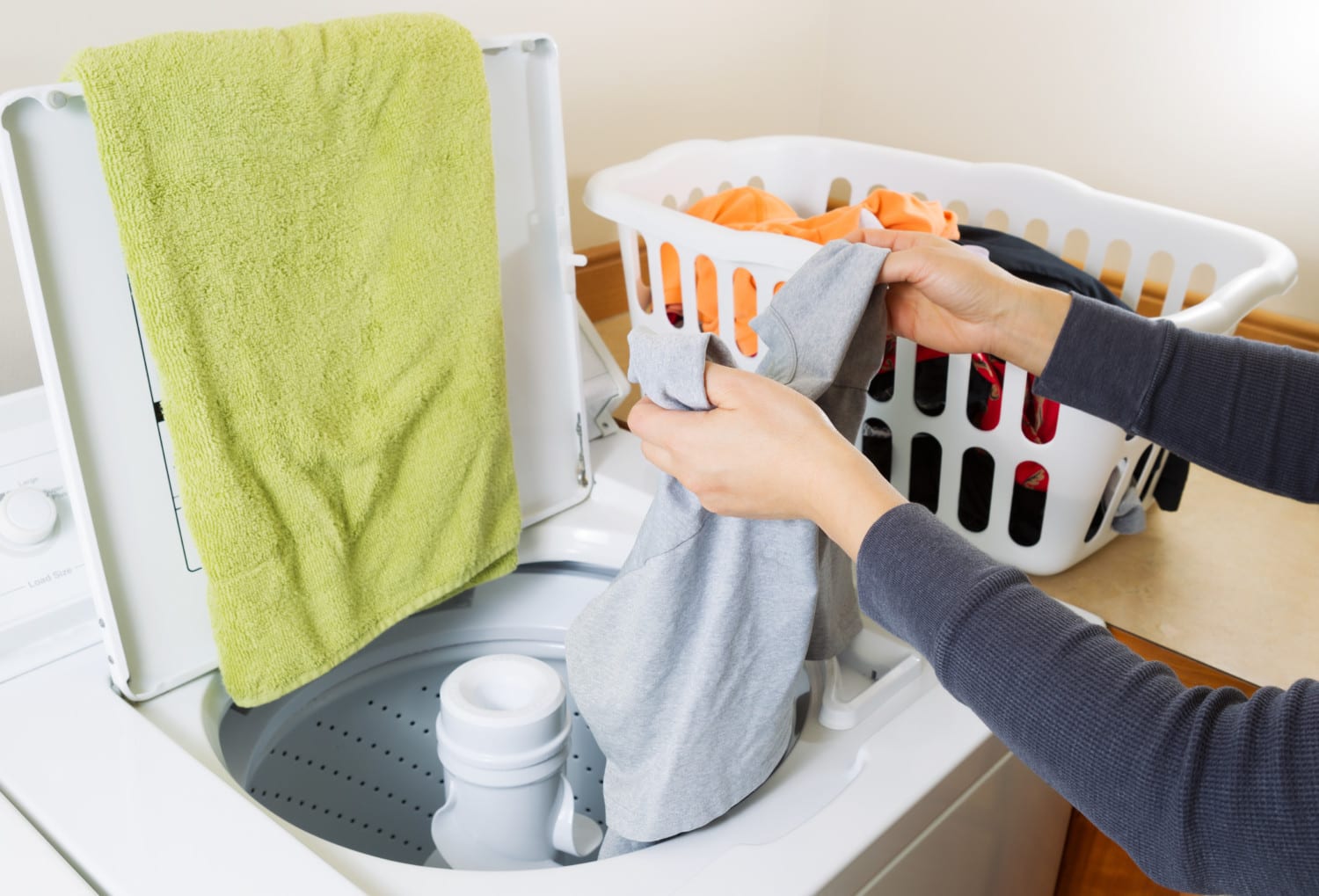
Your washing machine could be filled with bacteria. It arrives usually via your underwear, and most washing machines don’t kill it. Studies have shown coliform bacteria present in about half of washing machines, and E. coli in a small percentage of them.
Consistently washing loads of filthy laundry on cold cycles sans bleach could allow bacteria to pile up over time. You have to, ugh, wash your washing machine. Using bleach is a good idea, and kills most bacteria. Or just never do laundry, that works too.
15. The Perfect Smoky Pinkeye
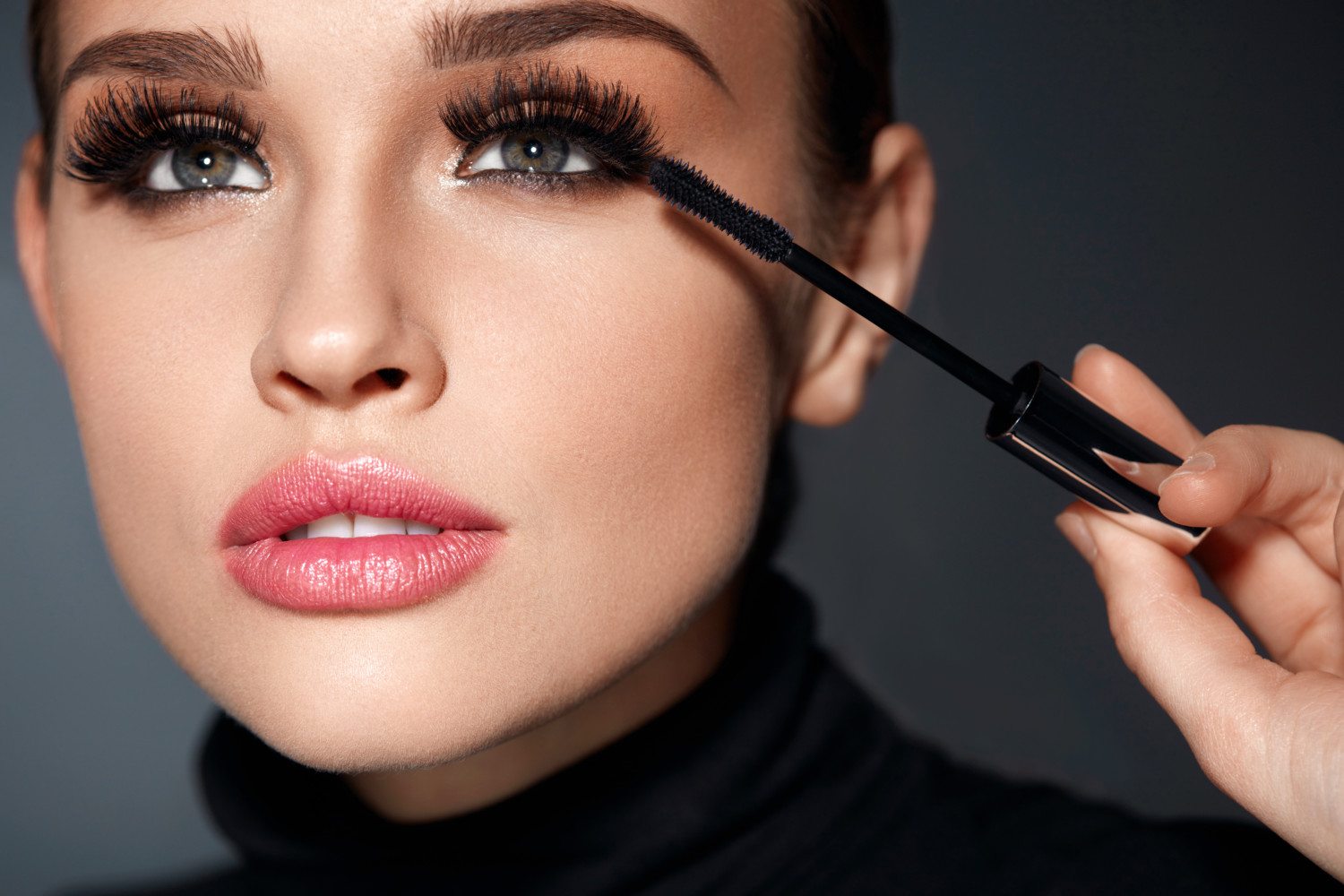
When it comes to mascara, it’s best to avoid sharing it if you can, and experts recommend replacing it pretty regularly (about every three months). Mascara can harbor bacteria and fungi which can cause conjunctivitis (pinkeye).
If the applicator or eyeliner comes in contact with your eye, it can also cause a corneal abrasion that can quickly become infected. Specific types of eye makeup can cause swelling or redness too, due to allergic reactions. “Just be careful jamming stuff real close to your eyeballs” is pretty good blanket advice!
16. Ties And Eyes

Wearing a tie too tightly can put pressure on more than your neck. A study of 40 men determined that tightening a tie to the level deemed “slightly uncomfortable” for even three minutes increased intraocular pressure, which is strain on your eyes. Increased intraocular pressure over time is the leading cause of glaucoma.
This obviously doesn’t mean that wearing ties causes glaucoma, but it is a real-world situation that sounds like a cartoon: When you tighten your tie too much, your eyes pop out of your skull. (Not literally, but kind of!)
17. Refillable, More Like Re-Kill-able
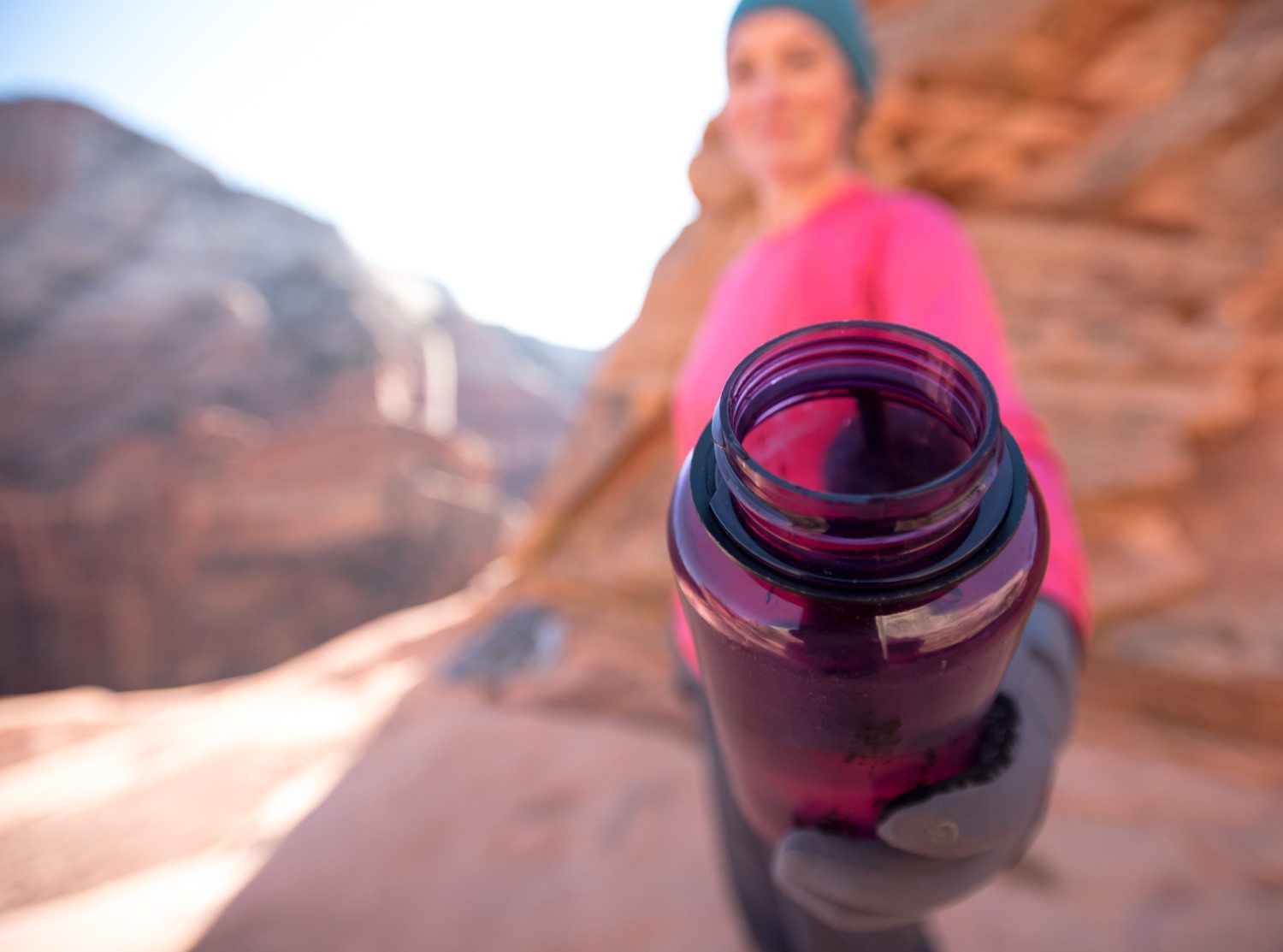
Do you exercise often? Do you use a refillable water bottle when doing it? How often do you wash your water bottle? It’s just water in there, right?? If anything, it’s only getting cleaner every time you use it. Well, obviously that’s not true. A study found that depending on the type, reusable bottles can harbor over 900,000 colony-forming units of bacteria per square centimeter. A pet’s water bowl only has about 47,000. We’re not entirely sure what that measurement means, but it sounds gross. Dishwasher that puppy!
18. A Firm, Gross Handshake

A strong handshake can transmit nearly twice as much bacteria as a weak one. Perhaps true strength comes from possibly making your future employer sick, allowing you to usurp their position?
Jokes aside, the best way to transfer the lowest amount of germs is a simple fist bump, or even better, just bumping forearms. But you probably aren’t gonna get away with one of those in a formal job interview. So just nail that handshake and get ready to call in sick on week one.
19. This Sucks
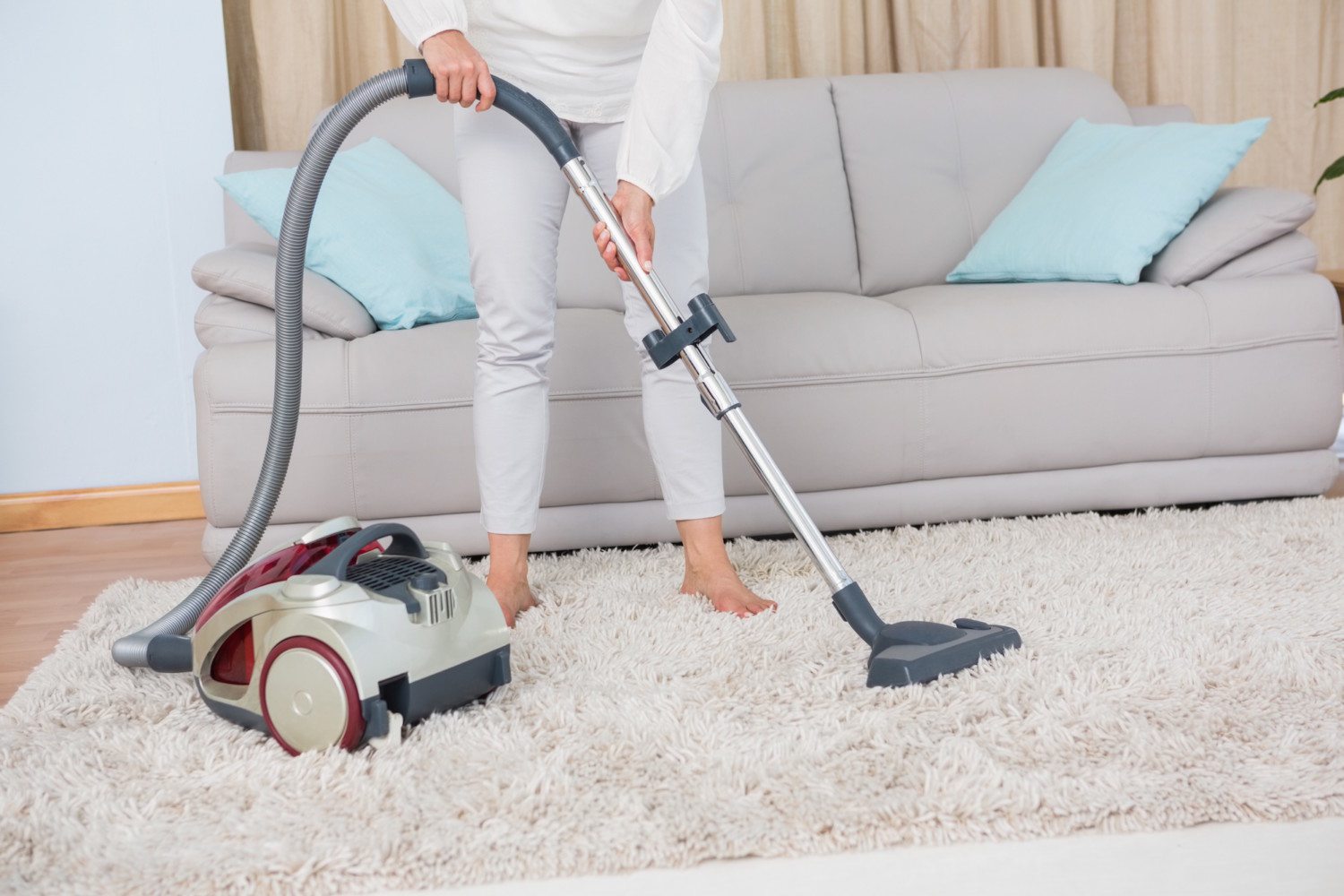
Hey, you’re vacuuming! You’re being tidy and not lazy. You deserve credit for hygiene. End of discussion.
OK, not entirely. While vacuuming is good for cleanliness, it can also send dust and bacteria into the air, spreading germs and allergens that can be hazardous when inhaled. Monitor the capacity of your vacuum bag, dispose of the full bags outside, clean the filter often, and if possible, consider buying a vacuum with a HEPA filter. But that said, you still definitely deserve praise for vacuuming.
20. A Kick In The Teeth
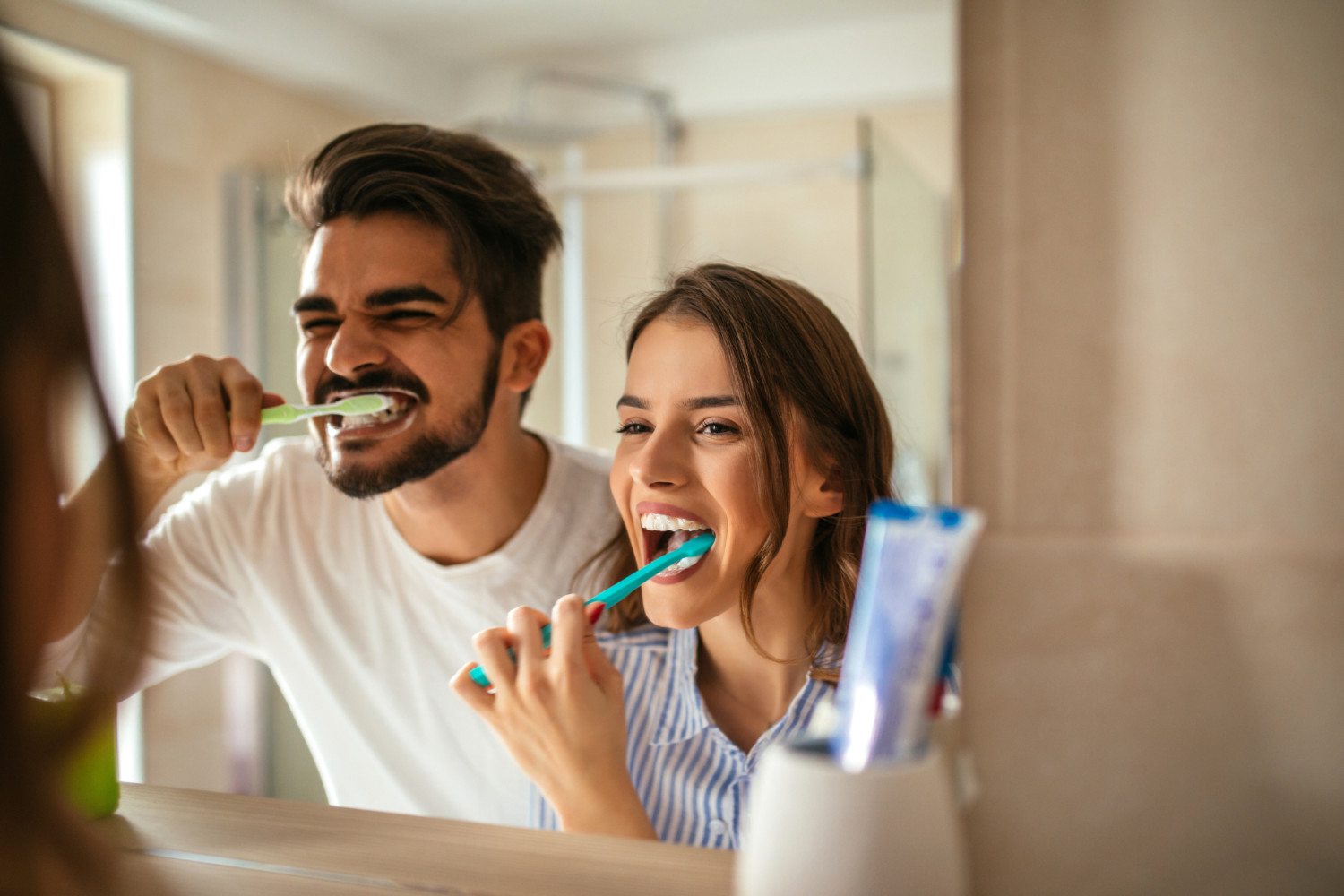
Brushing your teeth immediately after eating can cause severe damage to your enamel. Foods are acidic, which might make you think that brushing immediately to clear it off would be best for your teeth. But in actuality, the acid causes the enamel to soften, making brushing potentially more destructive. If you do want to brush your teeth in close proximity to a meal, it’s better to brush beforehand and focus more on the gums. If you’re not one of those people who rushes to brush their teeth immediately after eating, congratulations! Keep not doing that.
21. Superbug Returns
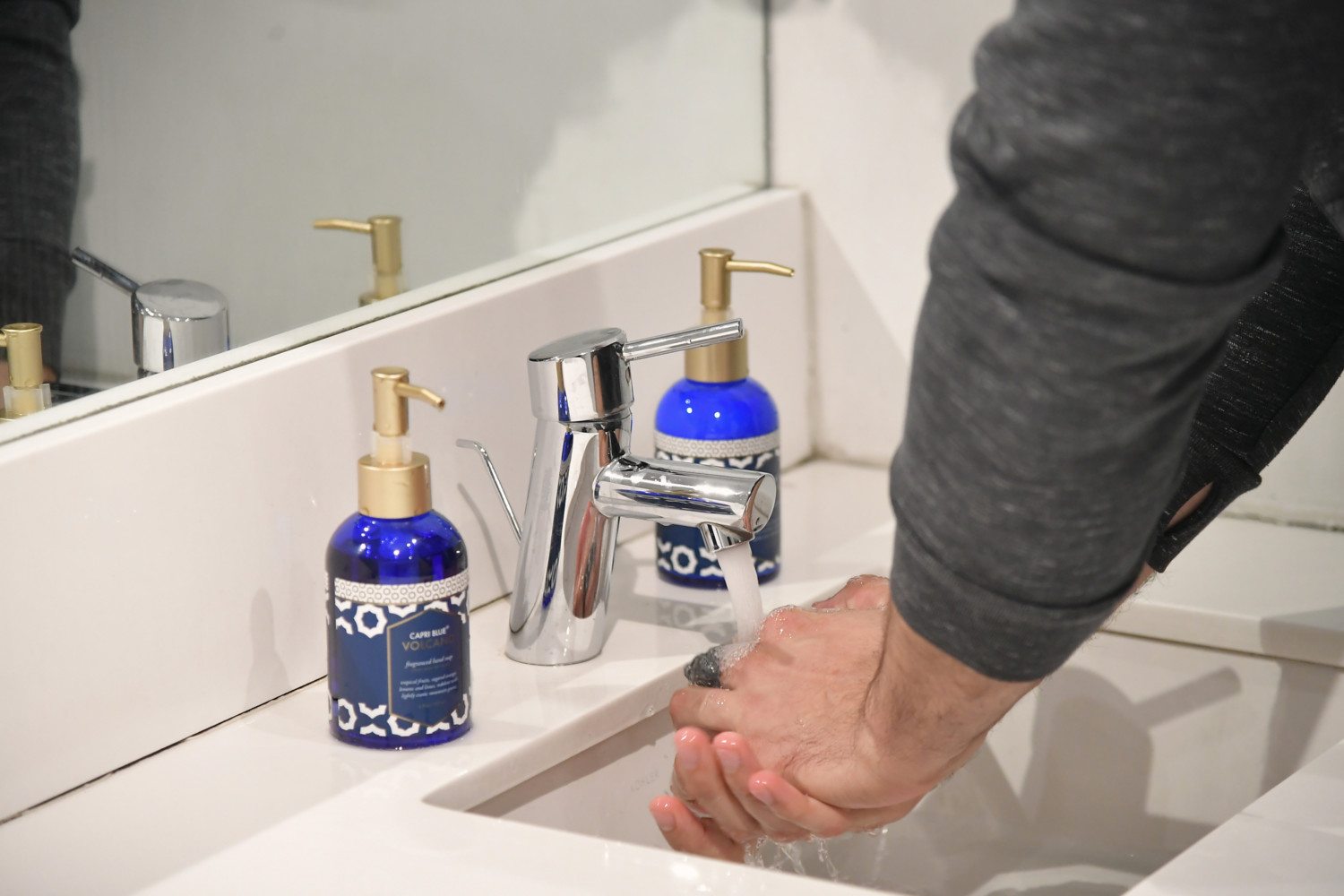
Here’s one we can’t do much about individually. Antibacterial soap can, over time, help spawn “superbugs.” Widespread use of antibacterial agents leads to the eventual evolution of drug-resistant bacteria, such as Streptococcus pneumonia or certain strains of E. coli. They evolve to be able to survive antibiotics, which makes them insanely hard to treat.
Also, for good measure, about 25 percent of public restroom soap dispensers in the U.S. are contaminated with bacteria. In a true twist, it turns out the soap was in cahoots with the germs all along.
22. Death By Chocolate

The chocolate you’re eating might contain way more lead than it should.
A survey conducted by a California-based consumer advocacy group tested samples of 50 different cocoa products at an independent lab, and found that more than half contained levels of lead and cadmium above the state’s limits (which are stricter than federal guidelines). Many chocolate producers claim the lead occurs naturally, but other studies show that most comes from the harvesting and manufacturing stages of production.
However, all groups agree chocolate is extremely delicious, and we’ll probably ignore all of this and continue to eat it.
23. Time To Vent
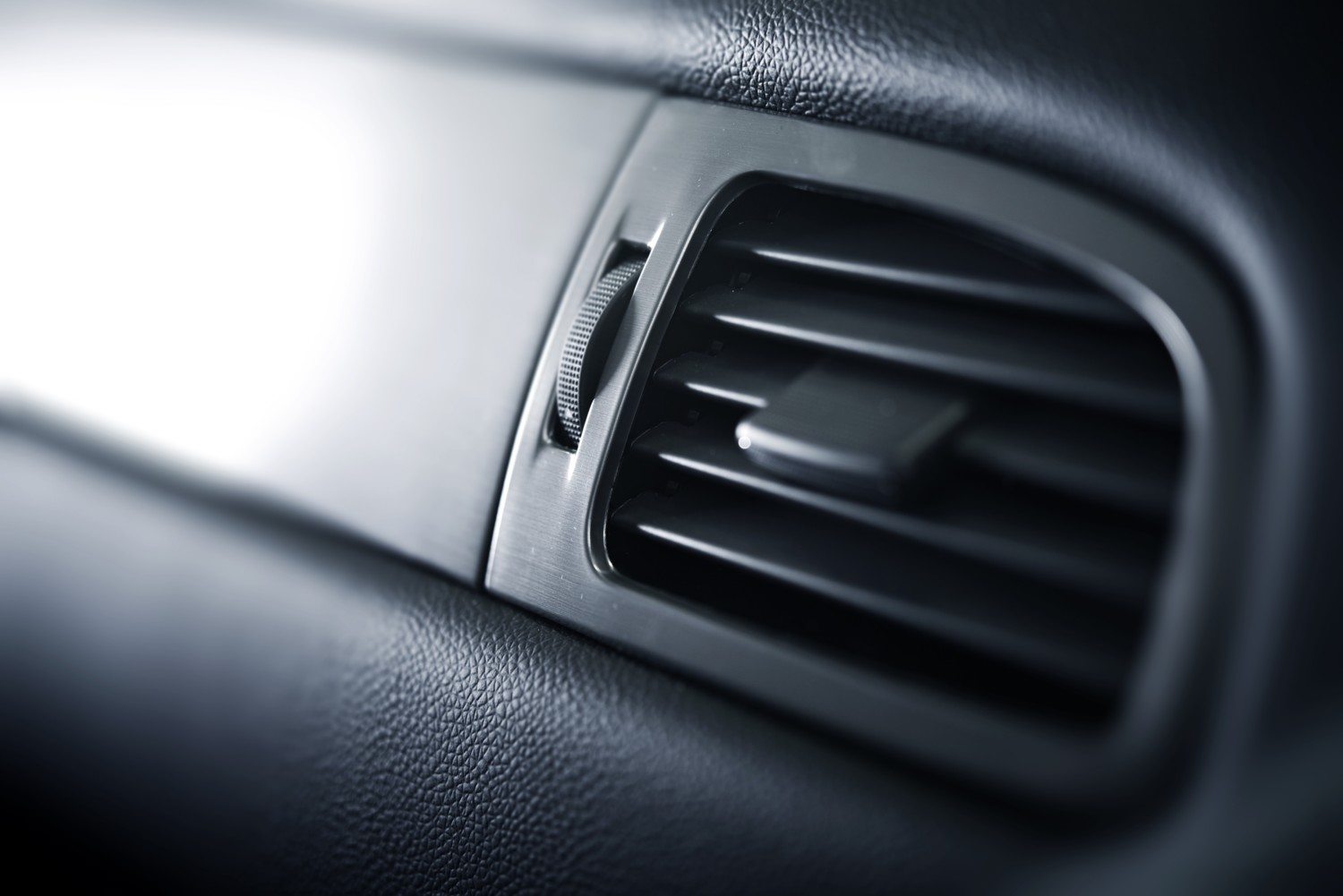
Here’s a fun, bad combo: The air vents in your car carry mold and redistribute it. The mold can then settle on your hot dashboard, which ends up harboring bacteria. Which means your dashboard is perpetually way, way dirtier than you think. Although if you’re eating off it, or using it for any other activity that requires it to be at all sanitary, you probably don’t care much about germs. But you might want to make sure they hit that at the car wash, or routinely wipe it down yourself.
24. Bored To Death

It may be possible to actually die of boredom. Not literally, of course. But a study from the Department of Epidemiology and Public Health at University College London tracked the health and well-being of a large cross-section of participants in the 1980s. In 2009, they evaluated how their subjects were faring decades later, and found a correlation (not a direct link) between people who found their lives or jobs “boring” and their mortality rate. They speculate that unstimulating lives (and depression) leave people less engaged, less likely to exercise and take care of themselves, and in overall worse health.
Read more from Cracked:
Sponsored Content





